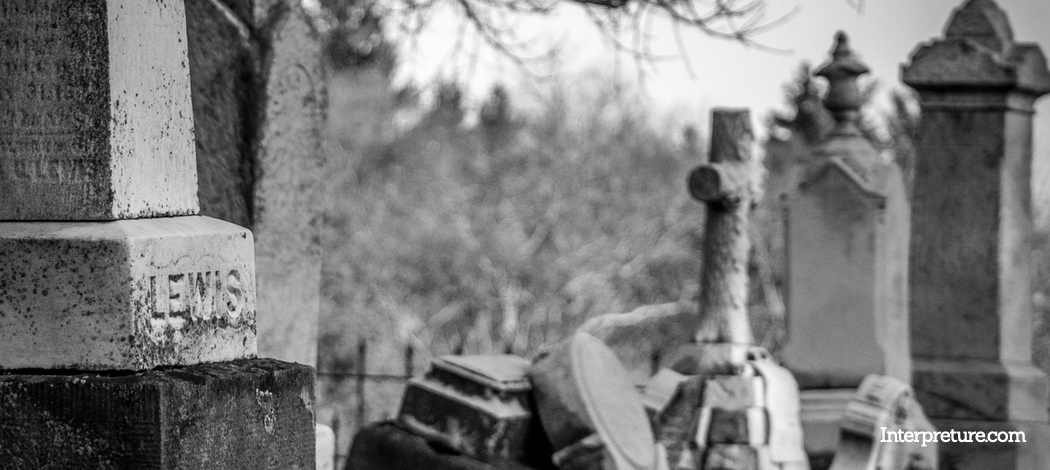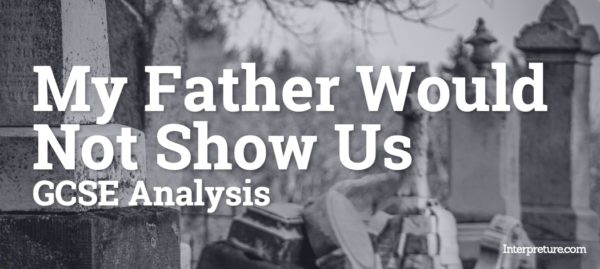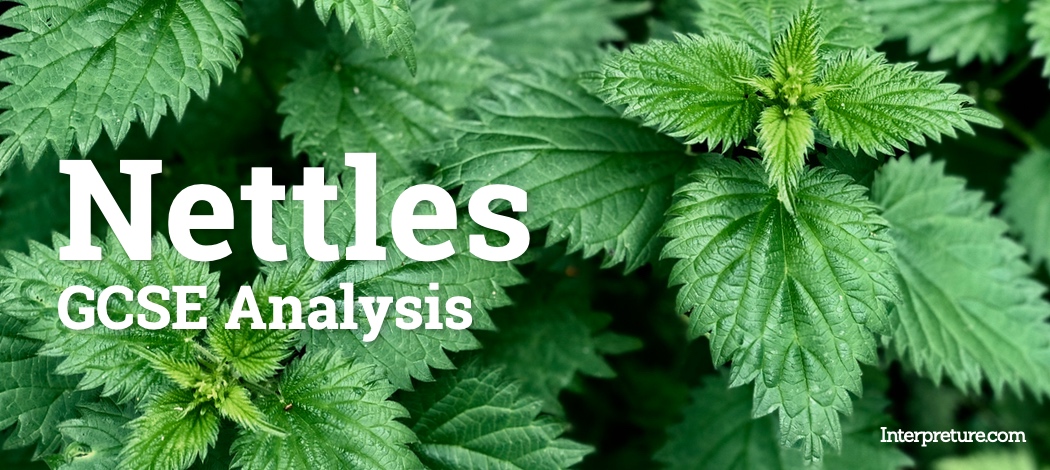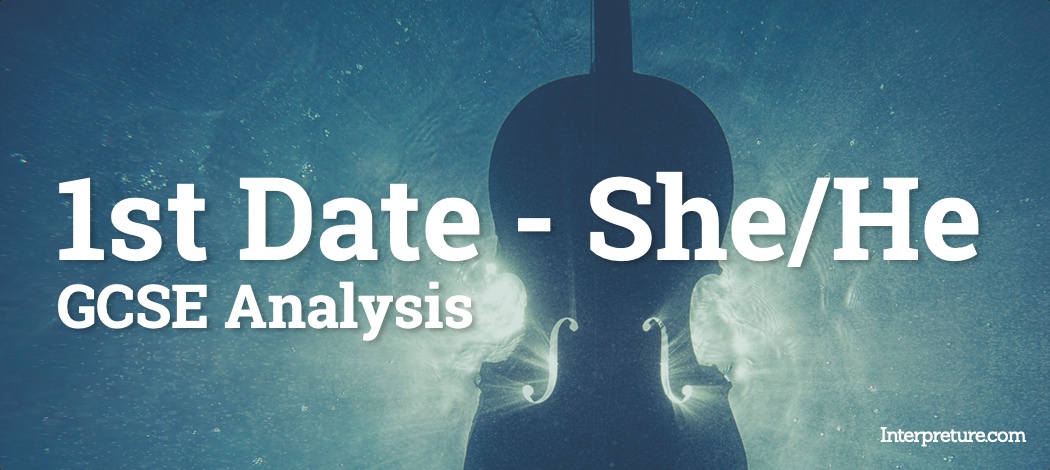‘My Father Would Not Show Us’ is a poem by Ingrid de Kok, which uses unexpected descriptions and juxtaposition to explore death, and the way it impacts on family – in particular, children. De Kok is an acclaimed South African poet, receiving a range of awards for her work along with numerous fellowships. She was born in Stilfontein, a gold mining town in northern South Africa, and then moved to Johannesburg when she was 12. Apart from seven years in Canada from 1977, she has lived in South Africa her entire life.
This poem is part of the Relationships Poetry Anthology for Edexcel GCSE English Literature.
‘My Father Would Not Show Us’ Context
The poem’s introductory dedication to Rainer Maria Rilke, an Austrian poet and novelist, is an important contextual factor. Rilke is very well known for exploring a range of themes and ideas, ranging from existential thoughts to Greek mythology to religious beliefs. He drew inspiration from his extensive travelling throughout Europe, having visited countries including Russia, Spain, Germany and Italy. Rilke’s work has remained popular over the decades, particularly so in the United States and within ‘New Age’ spirituality, with various forms of literature and media quoting from his work. To that extent, readers could link De Kok’s reference to Rilk as indicating a desire to explore a ‘new’ way in dealing with grief and trauma – in this case, through poetry.

Glossary of Terms from the Poem
- Gleam: To shine brightly, especially with reflected light – in this context, from a smooth, well-polished object.
- Pine: A common type of wood, used to make coffins.
- Wry smile: A look to use or express dry, especially mocking, humour.
- Rag-and-bone man: Someone who travels around collecting old household items to sell on.
- Counterpane: A type of bedcover or blanket.
‘My Father Would Not Show Us’ Analysis
“is organised for me to see.”
To describe a “face” as “organised” is quite a peculiar description, one that normally refers to rooms or objects but is instead applied to a person. This can be interpreted as demonstrating the narrator’s grief, and their effort to dehumanise their father to reduce the pain caused from their death. To note that it was “for me to see” also hints that it had previously been ‘unorganised’ in the sense that the body had not been prepared for burial – a process most will try not to think about when dealing with the loss of a loved one.
“the borrowed coffin gleams unnaturally;”
The verb “gleams” is often used to describe teeth, which could evoke imagery related to teeth or consumption; perhaps the idea that the narrator’s father is about to be ‘consumed’ by the earth in burial. The use of “borrowed” hints at the impersonal connection between the narrator and their father’s passing, and could also be interpreted as an allusion to the idea ‘living on borrowed time’. Some readers may notice the use of “unnaturally” despite death being arguably one of the most natural things to experience.
“This is the last time I am allowed”
This is the only time throughout the poem in which the pronoun “I” is used, demonstrating the distance that the narrator is attempting to place between them and the events they are describing. As such it is notable that the only use is in reference to their memory of childhood. The use of “allowed” is also interesting – is the narrator restricting themselves, or are their external factors influencing them?
“My father would not show us how to die.”
The use of “my” concentrates on facts (in contrast to “I” which opens up to feelings, thoughts and actions) and as such helps this line adopt a strangely formal tone, for something so personal. It’s also a peculiar thought, to be ‘shown’ how to die, helping place additional emphasis on this idea and contributing to a reader’s understanding of the father’s self-imposed distance.
“My father could not show us how to die.”
Two stanzas later, De Kok repeats this idea but with the notable change to “could not” rather than “would not”. This small change has a considerable impact on a reader’s understanding of the line; rather than the father potentially being somehow uncooperative, a reader would instead feel sympathy to him in this situation, recognising how diff it would have been for everyone involved. It’s important to note that the fifth stanza describing (albeit ambiguously) how the father “hid” is important to this interpretation as it suggests that the death was as a result of a known illness.
Themes in ‘My Father Would Not Show Us’
- Relationships: ‘My Father Would Not Show Us’ is part of the relationships anthology. This poem explores the relationship between parent and child in the context of death and illness.
- Hurt and Illness: The physical aspect of illness is alluded to throughout the poem, but it many ways there is greater focus on mental hurt and pain throughout the poem, for both the narrator and their father.
- Death: The poem explores various aspects and emotions related to death, from loneliness and isolation to pain and sadness.
Quick Focus Questions
- Normal: How does the introductory dedication help a reader understand this poem? Use the context notes to help you.
- Hard: Some readers may identify a theme of loneliness and isolation. Find an example of a language or structural device that support this interpretation, and explain which one you think is most effective.
- Challenge: The line length varies throughout the poem, typically going from short to long. How may this impact a reader’s understanding of the poem and the narrator’s emotions?




